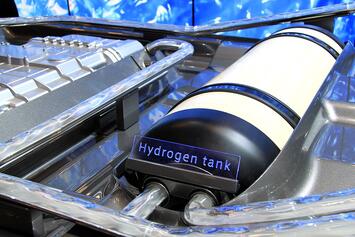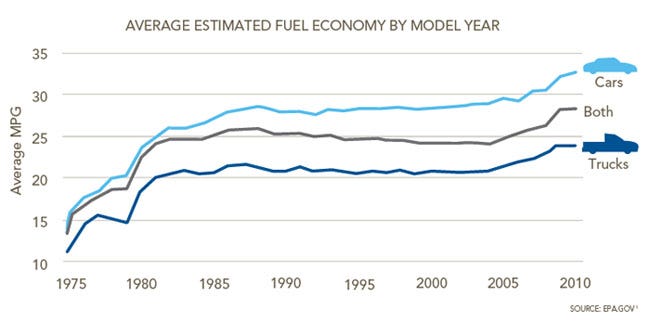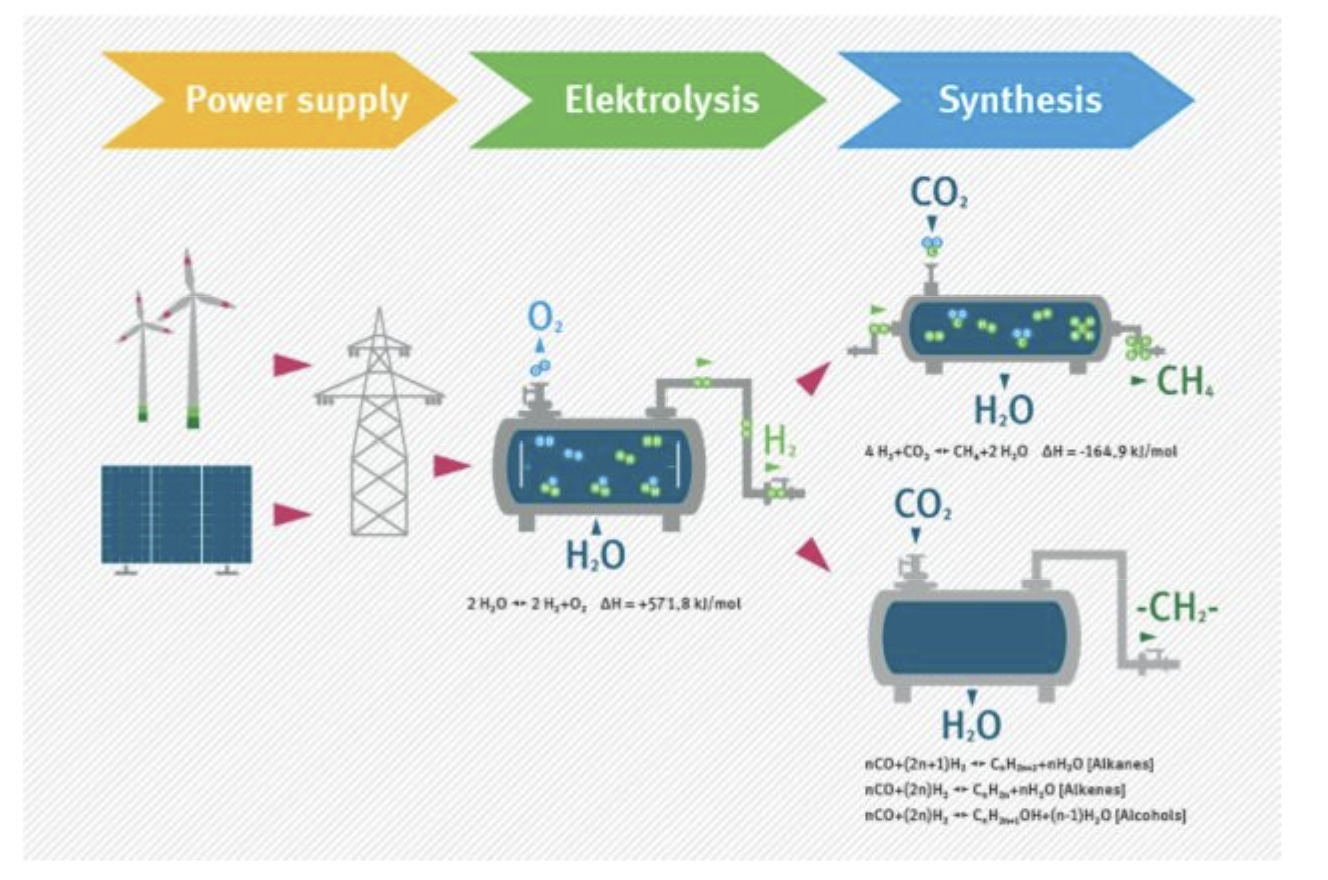
Every few years within the energy sector, a new 'entrepreneur' emerges with a supposedly 'revolutionary' idea that often turns out to be nothing more than a repackaging of an old concept that failed to gain traction. The latest contender for this title is 'the hydrogen economy'.
My scepticism stems from the physical characteristics of hydrogen gas. While all technologies experience learning curves and adhere to an equivalence of Moore’s Law, which revolutionised the semiconductor industry, it is important to remember that ultimately, learning curves are constrained by the laws of physics. This is why internal combustion engines haven’t significantly improved in fuel efficiency in over 40 years, why the supersonic concorde was never economically viable and why certain sceptics argue that battery electrical vehicles might not see mass adaptation for the middle income groups.
One simply cannot squeeze blood out of a rock.

The S-curve, bound by physical constraints, explains why politicians cannot simply lower the price of electricity, and why decarbonization poses a significantly greater challenge than the environmental advocates typically recognize.
These are not “limits to growth”, they are rather limits to what a particular technology can achieve and why we should look elsewhere for innovation. It’s my belief that economic bubbles are likely to occur when investors fail to grasp that technologies eventually reach a plateau when their learning curves approach their physical limits.
Below, I'll explain why I doubt that hydrogen will be able to perform in the long run when compared to synthetic fossil fuels - that share the same physical properties as traditional fossil fuels. Synthetic fuels do require hydrogen production, with the advantage that hydrogen is consumed where it is produced. Therefore, all additional infrastructure adaptation and transportation challenges will be prevented.

If we are genuinely committed to effectively utilising the surplus power generated from renewable electricity sources, I believe one viable option is to invest in the creation of synthetic fuels to supplant traditional fossil fuels. While renewable energy boasts the advantage of having no associated fuel costs, its drawback lies in its high coefficient of variation , necessitating capacity overbuilding as is currently the case in Germany. Despite this overbuilt renewables have a second challenge, which is reliability during periods of no wind or no sun, known as Dunkelflaute. It is the reason why the Germans have not yet managed to shut down their fossil fuel plants, simply because they are necessary to firm the electricity supply.
Read the rest of this piece at Hügo's Newsletter.
Hügo Krüger is a South African born Structural/Nuclear Engineer, writer and YouTube podcaster, commentating on topics relating to Energy and Geopolitical Matters, Hügo is married to an Iranian born Mathematician and Artist; the couple resides in Paris.
Photo: Joseph Brent, via Flickr under CC 2.0 License.












